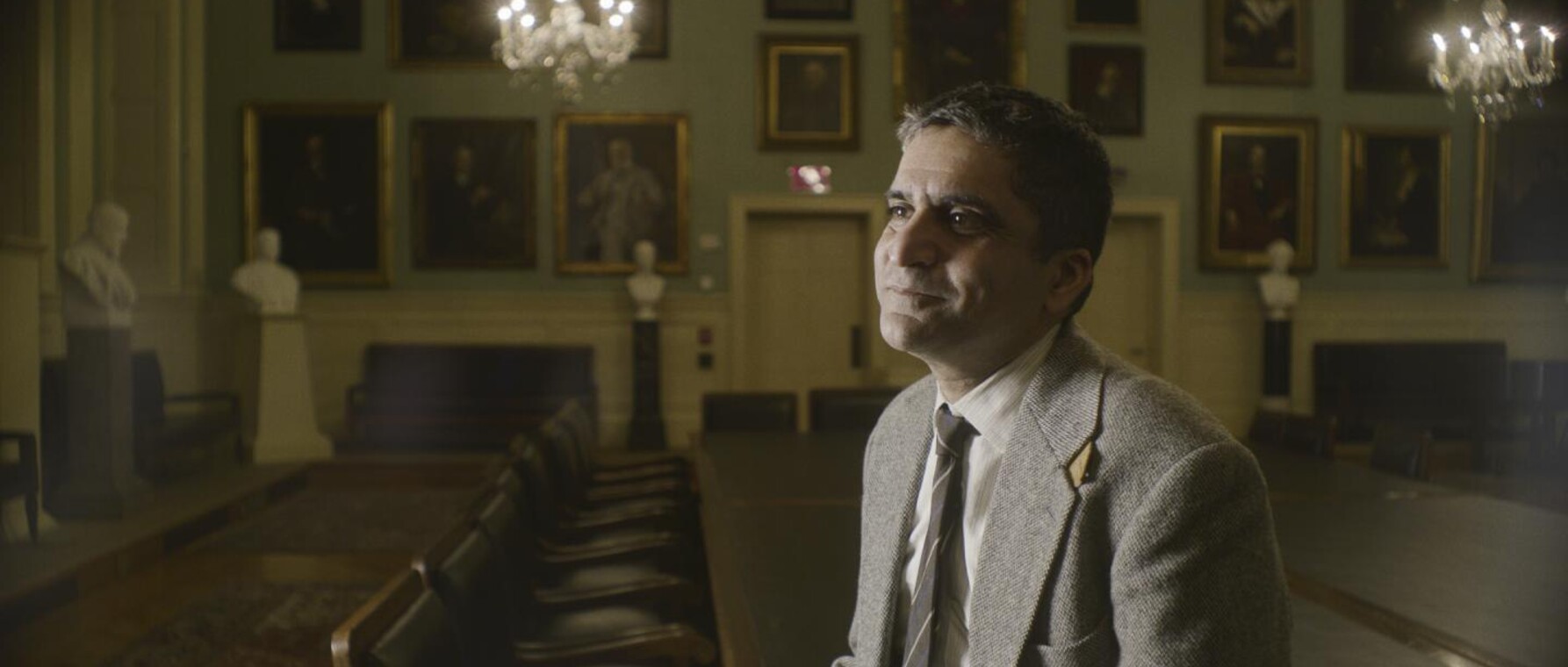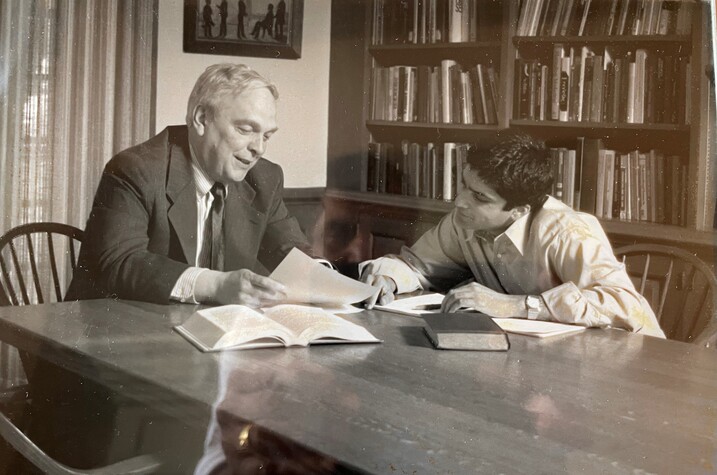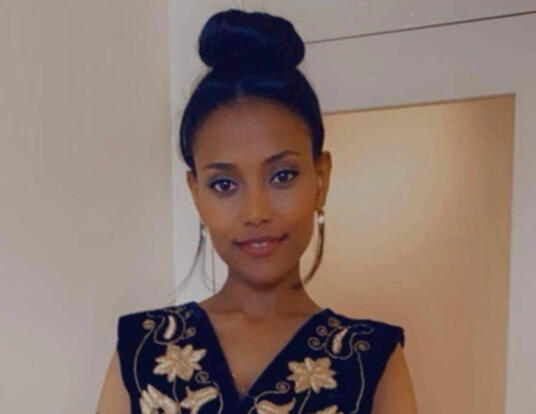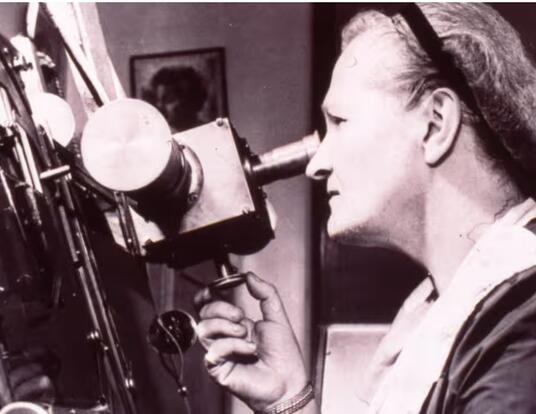Access to a Time Machine
GSAS Voices: Rakesh Khurana, PhD ’98

Throughout its 150th anniversary year, GSAS is foregrounding the voices of some of its most remarkable alumni and students as they speak about their work, its impact, and their experiences at the School.
Rakesh Khurana is the Danoff Dean of Harvard College. A professor of sociology in the Faculty of Arts and Sciences and the Marvin Bower Professor of Leadership Development at the Harvard Business School, Dean Khurana discusses his research on inequality, his passion for working with undergraduates, and how studying at GSAS was like having access to a time machine.
Pulling Back the Curtain on Inequality
A lot of what I study is influenced by my background. I'm an immigrant who came to this country when I was six years old. I went to New York City public schools. I have a mom who was a New York City public school teacher and a dad who was an accountant for the city. I grew up with the idea that if you work hard and follow the rules, things work out.
I started college at the State University of New York at Binghamton. A faculty member took an interest in me and suggested I transfer to his alma mater, Cornell. I did and immediately saw that there were huge differences between public and private institutions—opportunities and networks that were not available to students who were at Binghamton. And from there I became conscious of what sociologists call opportunity structures. It brought to mind so many brilliant kids I knew in middle school and high school but somehow didn’t end up going to college or going to a selective college where they would have excelled.
So one of the things I try to show in my work is that there’s a lot more to success than hard work and good behavior. For example, I’ve studied the dynamics of the CEO labor market, in particular, who gets the job and how much they are paid. I try to get underneath not only the structure but the ideology and rationale. The justification for CEO pay was often that these people were uniquely talented, they were extraordinary individuals, and they had to make many important decisions. The thing that was curious to me was how these extraordinary individuals always looked alike and how they seemed to get paid whether their performance was good or not, and often failed from one job to another.
What I found in my research was that CEO pay was actually determined by factors other than performance, including social networks, the configuration of the executive labor market, and culture. In short, there are structures that operate independently and determine where people end up in life. My career has been focused on pulling back the curtain on a lot of these structures, which we often use to justify inequality.

Reanimating the Mission of Harvard College
Harvard is one of the four or five places uniquely suited to addressing the challenges the world faces today. We need to take that responsibility to heart.
The original mission of Harvard College was to educate citizens and citizen leaders for society. Being the dean of the college is an opportunity to reanimate that mission and the original purpose of Harvard, but in a way that makes sense for the world we are in today—to connect students with their passions in a genuine way and see diversity as a source of infinite possibility.
I remember being a teaching fellow to Harvard College students when I was studying at GSAS. I was so impressed by them—their thoughts, the sort of energy they brought, and just the sheer intellect. As dean, I have an opportunity to talk to these young people about how can we work together with all the resources that we have at our disposal to make a positive difference in the world.
Getting A Glimpse of the Future
When I think about my time at GSAS, I can't help but think about the amazing people I went to school with, all of us working and studying together. Elizabeth Gorman, who is a professor of sociology at the University of Virginia now, was in my cohort, exploring the labor dynamics of law firms. So was Scott Snook, who was my colleague at Harvard Business School for many years and did amazing work on complex systems and normal accidents. Monica McDermott, now a professor at Arizona State University, was studying the intersection of race and class, with a particular emphasis on the white working class.
Harvard Kennedy School professor Marshall Ganz was another student in my cohort. He had this amazing background of someone who had dropped out of Harvard College in the 1960s to work on the Civil Rights Movement and then returned to Harvard decades later to finish his undergraduate degree. I remember talking with him in the 1990s when we were studying political sociology and preparing for our general exams. Even then, he was concerned about the health of our democracy, patterns of voter participation, and the loss of trust in democracy.
The questions and topics that seemed abstract then are urgent now. It was the same with my friends in the other social sciences and natural sciences. Being at GSAS was like having access to a time machine. You were able to glimpse what’s going to happen or be important 20 or 30 years into the future.
Get the Latest Updates
Join Our Newsletter
Subscribe to Colloquy Podcast
Simplecast





